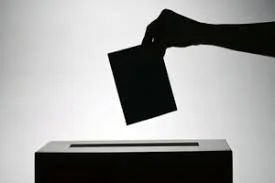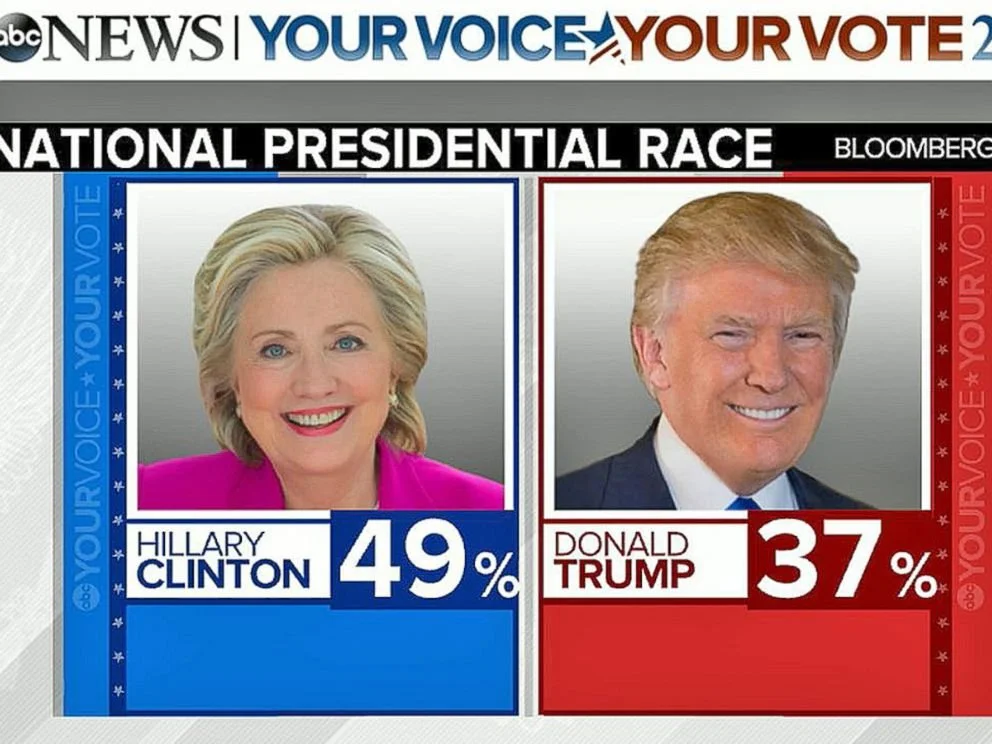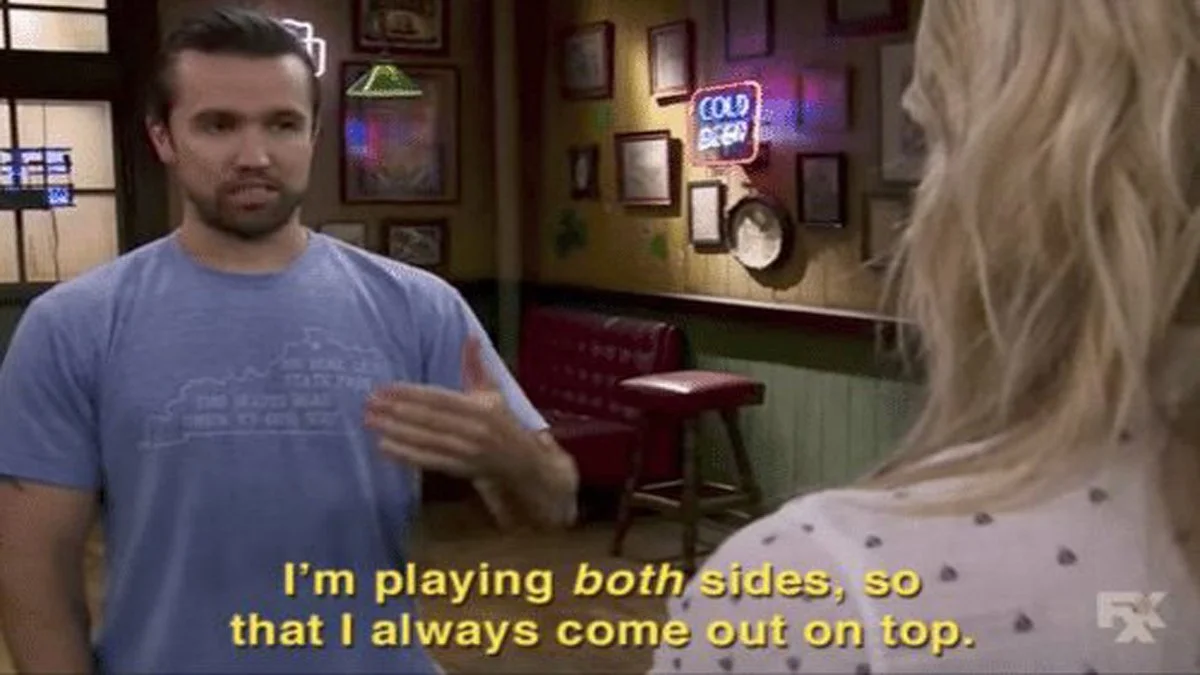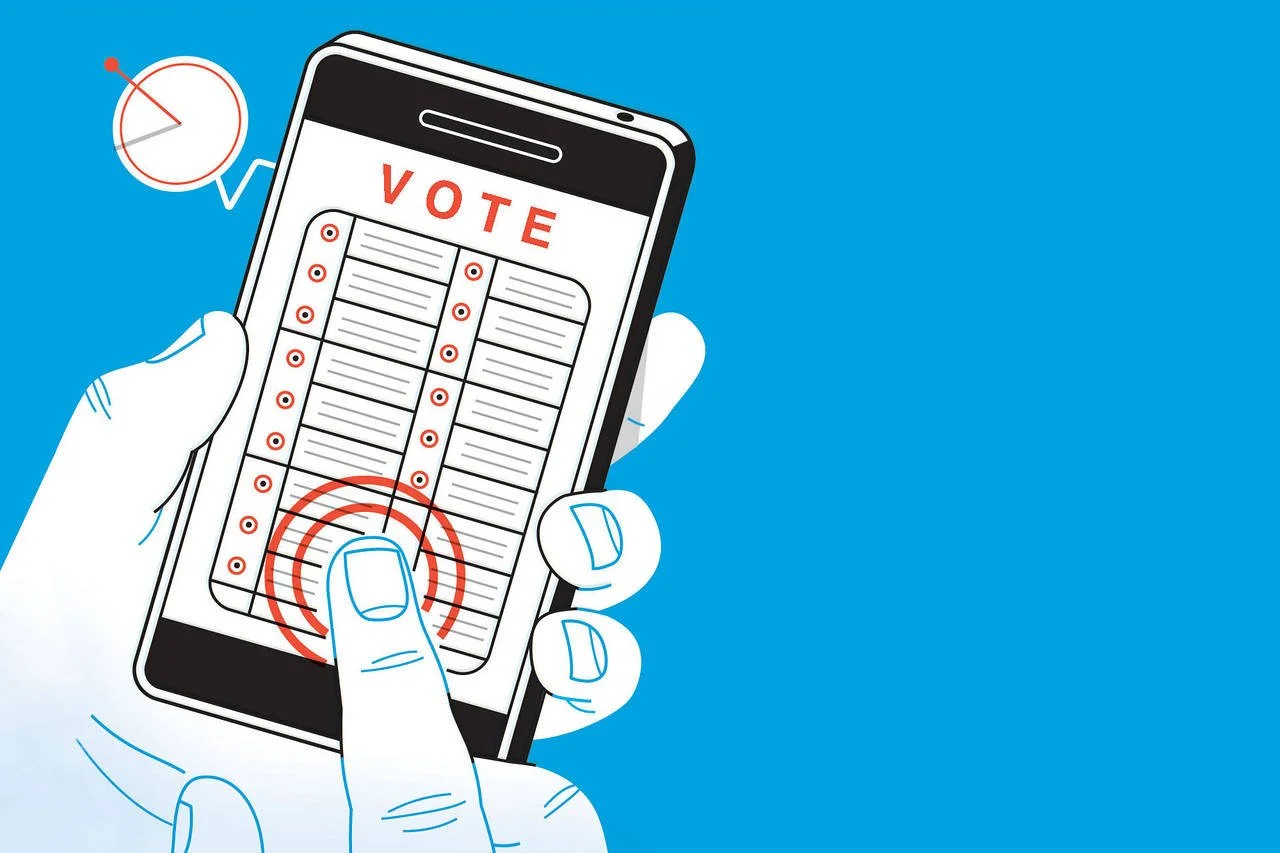Anonymizing Votes Hurts Democracye
To promote democratic values, including equality and trust, it’s time we unmask voters.
No, this is not a post about healthcare policy. It’s a short analysis of why voting should be transparent.
If you’re curious about the history of “Secret Ballots” (AKA “Australian Ballots”), here is the Wiki to start. There you can see US got anonymized voting only in 1891, more than 100 years after the state was declared.
The premise behind secret ballots is simple: comfort. People dont want to be chastized for their voting choices, especially in close environments. Nobody wants a hostel workplace. We know people are poor sports when it comes to criticism. So let’s use secret ballots to make people comfortable. Right?
Generally, people are vocal about their beliefs. They publish them on blogs, like this. They write Yelp and Google reviews for businesses, with their name and picture in bold. ie, if someone hates their manager, their manager probably knows, and if somone supports Trump or Biden, we know. Which is great! Expressing preferences is crucial for improving dialogue and relationships.
So if you have issues with management, you should be able to address it publically. Direct discussion is more honest. Unfortunately, you can’t post every secret to Glassdoor when you’re being watched (and possibly on a NDA). So you say what you can, when you can, to who you can. The “anonymous assessment” is a formality getting in the way of that discourse.
I have no reason to anonymously write things I would otherwise not say. If I have a criticism, I’ll consider if it’s appropriate to give. In the rare case that it is apt, I would say it in a constructive manner. An anonymous note, “Your breath stinks!”, has less solvency than, “Hey, did you recently start taking a new pill? I think you should talk with your dentist and see if it’s affecting your saliva production.”
Example of a public Yelp review and response from the reviewed business
I assume my votes within small groups can not be anonymous. I dont speak the same way as everyone else. Nor do I have similar handwriting. I didn’t need to read the Wiki page up top to realize that if you’re mailing a vote, there’s a physical address, and if you’re voting online, there’s possibly an email address embedded. I’m a skeptic of anonymous voting in small circles.
Imagine a childish employee, “I’m going to write untrue, mean things, because it’s anonymous.”
The likely response would be, “Greg definitely wrote this. I can tell by the word choice. Plus, he’s been out to get me.” You’re left with a relationship where both parties know the other is dishonest.
I love the idea of wearing a mask to hide your IP
I’ve been writing about the work place, but the thesis is really about bigger votes. Like local and Presidential elections. Again, the premise of anonyous voting is to increase comfort. And while I do not believe it’s a working premise, I’ll pretend it is. Should we be comfortable deciding elections? People’s legal fates, citizenship, tax rates and so much more? No! That would be a tragedy.
In modern legal systems, people see their judge. There is a selection process for juries, and the jury is visible even to terrifying, brutal murderers. It’s predominately the shadow-y bad guys and dystopian rulers in movies who prefer to rule anonymous. You can imagine anonymity helps, when sentencing someone to their death. But our society quietly decided against this secrecy, favoing transparency. When you have a legal right to end someone’s life, or take their home, you should be uncomfortable. Elections tangentially decide such things.
There are consequences to letting people be too comfortable with a silent vote. Imagine someone has a spouse, cavoting as a diehard liberal, only to one day learn they’re voting for bigots and authoritarianism. This is an extreme example, but something that likely occurs more than we know.
We dont need to have the same comfort assessing our peers in an office as deciding who gets control of nuclear arms. It doesn’t make sense to treat them the same.
The shadow council from Netflix’s Inside Job
Let’s go back to 2016’s infamous US election. I can’t give a full assessment as to why Clinton was heavily favored to beat Trump. There were many causes. It’s important if the sampled people were not appropriate representatives of a complex, gerrymandered system, if respondants lied, feeling they would be chastized for their Trump vote, if mainstream media misinterpreted poling data. There’s evidence of all of those issues.
Now imagine if voting was not anonymous. Some of these polling problems could still occur. People flip on votes. But understanding why is possible. We’re no longer looking at invisible data. We suddenly have solvency! We can ask someone, “Why did you vote for Trump, after saying you would vote for Clinton?”
People can embrace diversity of opinions. Or choose not to.
Imagine being a Democrat in a deep red state today. You assume your employers are conservatives. So you hide your political beliefs. But the employer catches wind you’re an other and fires you. What can you do?
In our current system, we look to company donations. Bigger companies donate every which way. So we have some understanding that Costco and Google sway left, while Phillips 66 and Coca-cola swing right, based on donations and executives. We don’t have the voting patterns to prove it.
In an open voting system, you can prove it. You can see the percent of employees who voted Republican. You could maybe even file a discrimination lawsuit, if warranted. Or you could just skip over the work place known to have 100% Republican employees, for the place closer to 80% Republican employees. Ultimately, knowing people’s politics helps make a comfortable work place, and can promote diversity of thought.
When a Fortune 500 donates a ton to Democrats and Republicans
My final point is that secret ballots pave the road to election fraud. It is bizarre that in 2022 we have receipts for purchases, encrypted text conversations and whatever NFTs are. But we still use voting systems with known problems. Ultimately, we have no way of determining that our votes made it to the finish line.
Elections are regularly plagued by scandals of thrown out, changed, and improperly marked ballots. These are issues mitigated by being able to see your vote, and object immediately if it is not counted correctly.
It’s 2022. It’s time we saw our votes counted.
How election voting could be (Credit: Wall Street Journal)
Comment below why you think voting should be anonymous or not.







